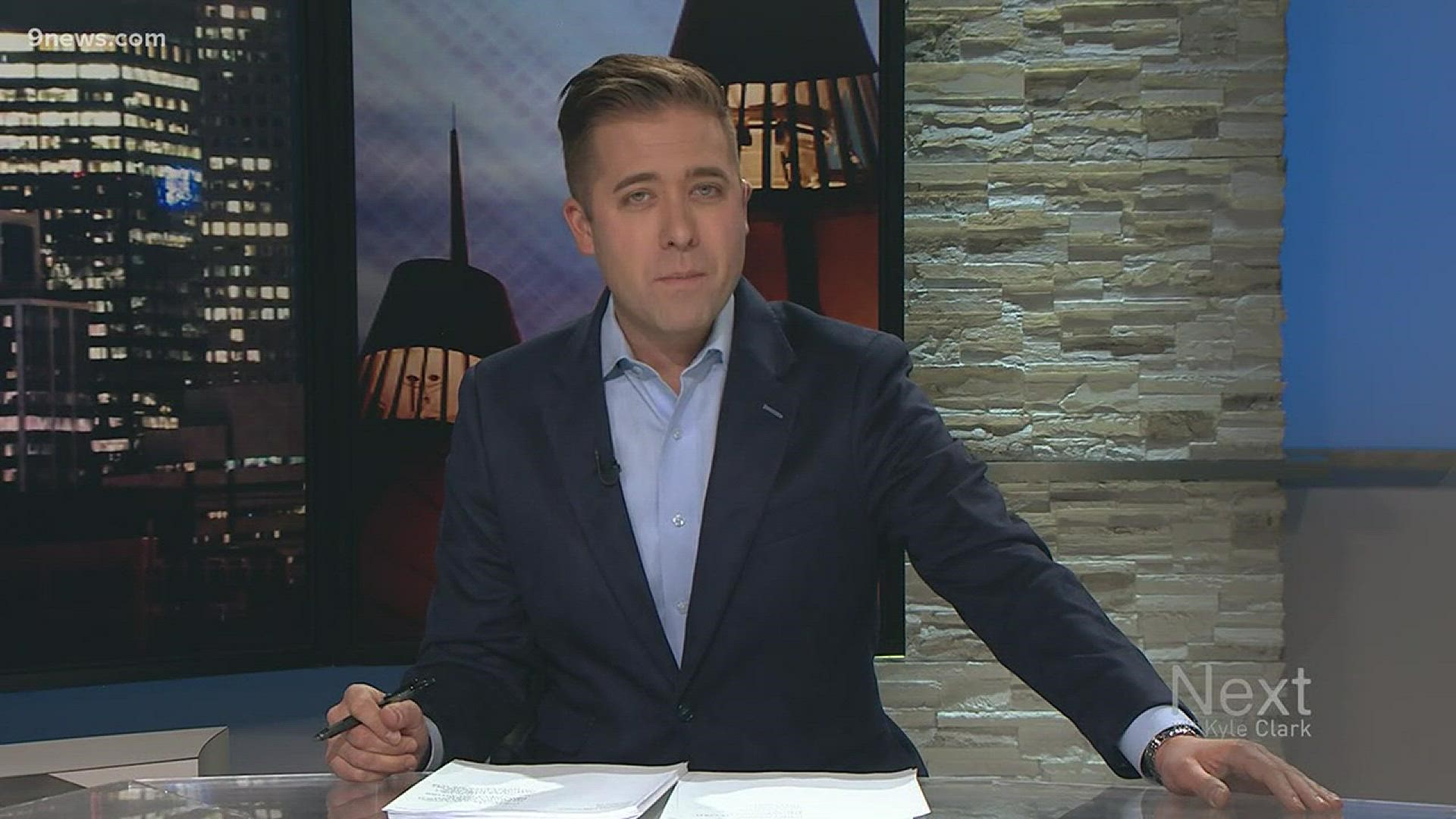DENVER — Democrats in the Colorado Legislature will not attempt to pass a bill this session that would allow Denver to open America’s first supervised drug injection site.
Democratic Senator Brittany Pettersen of Lakewood said Republican opponents have seized on the injection sites to “bring fear and misinformation.”
“This is not a loss,” Pettersen told 9NEWS. “We have had a robust discussion about this for the last few years, and that will continue.”
Pettersen’s decision not to bring the bill this session was first reported by Bente Birkeland of Colorado Public Radio.
Pettersen acknowledged that faltering support from her fellow Democrats doomed the yet-to-be-introduced bill. Democrats control both houses of the Colorado Legislature and would not have needed a single Republican vote to pass the bill.
Gov. Jared Polis had not said whether he would sign a measure allowing Denver to open a supervised injection site.
The site, where drug users could inject drugs like heroin, was likely to be located across the street from the Capitol, at a needle exchange program on Colfax Avenue.
Republicans celebrated the failure of the push for supervised injection sites.
“I’ve talked with many concerned parents, and with people who live and work downtown, who didn’t want injection sites,” said Republican House Minority Leader Patrick Neville in a written statement.
“I was actually very concerned about the school groups visiting the Capitol that would have to walk past these sites,” Neville said. “Heroin injection sites are not the safe or compassionate path for Colorado.”
Neville suggested, without evidence, that the result of supervised injection sites in Vancouver, British Columbia has resulted in increased overdose deaths.
Vancouver’s first supervised injection site opened in 2003. A recent spike in overdose deaths is attributed by Canadian health officials to be a result of fentanyl use.
Neville had threatened recall elections against Democrats and fellow Republicans who supported supervised injection sites. Two Senate Democrats were recalled and a third resigned amid Republican furor over gun control laws in 2013.
Pettersen said she doesn’t believe the recall threat had any impact.
“It’s the fake controversy,” Pettersen said. “It’s a political tactic.”
The senator blamed the failure of the supervised injection site effort, in part, on “stigmatization” of drug users by conservative radio hosts. Pettersen told 9NEWS she worried that talk radio hosts who took photos and video of drug users near a site in a visit to Vancouver would do the same in Denver.
Pettersen said she was concerned such filming would create a safety issue.
“Senator Pettersen should be more concerned so many Coloradans are against SIS (supervised injection sites) instead of blaming radio hosts for speaking and showing the truth,” said KNUS-AM host Steffan Tubbs, who visited a supervised injection site in Vancouver.
“Perhaps she should also take a trip to see a SIS site for herself instead of basing her decisions on colleagues’ anecdotes and random ‘studies,’” Tubbs said.
Pettersen visited a supervised injection site in Vancouver in 2018.
She vowed to continue the push for supervised injection sites in coming years. Her advocacy has included sharing the story of her mother’s addiction.
“I will continue to be an advocate,” Pettersen said. “These are the most vulnerable people that we’re trying to save.”
Pettersen will need the support of fellow Democrats, who wield control over Colorado politics at a level unseen since before World War II. But Democrats have wavered in the face of opposition to the sites.
Denver City Councilman Albus Brooks, a Democrat, told 9NEWS he's disappointed his party isn't moving the proposal forward on the state level.
"I'm disappointed, extremely disappointed to hear that Democrats are not bringing a bill forward," he said.
Mayor Michael Hancock initially said he fully supported the drug injection sites when they were approved overwhelmingly by Denver City Council, but Hancock backed off his support in a later appearance on Next with Kyle Clark.
Hancock said the obstacles to opening a site in Denver, including opposition from federal law enforcement, would make it difficult for a site to be placed anywhere in the city.
See Next's full interviews with Neville and Pettersen below.

